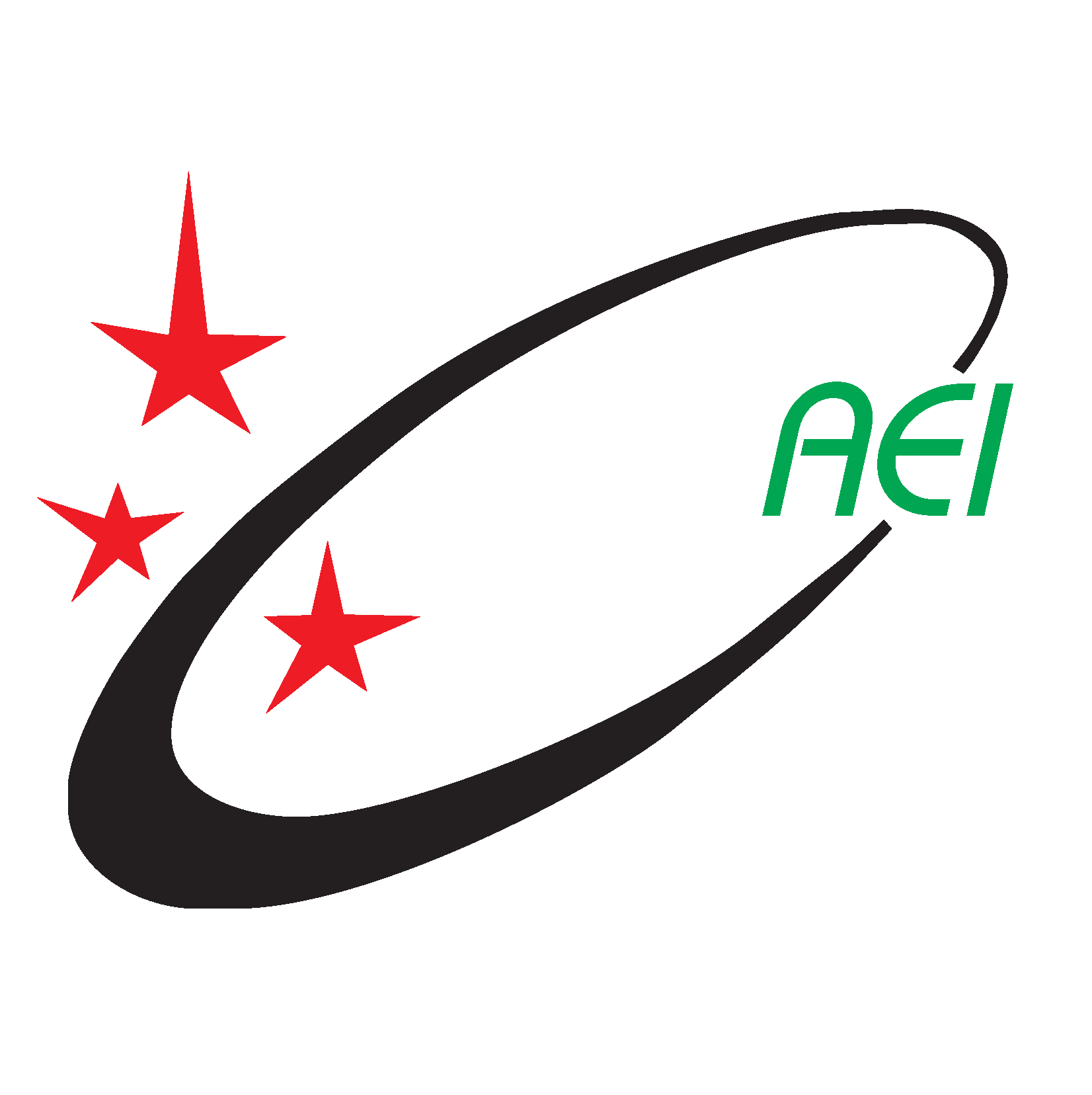* As part of the Citizenship and Diversity project, AEI developed a syllabus with a detailing of the many methods applied in the project. See here.
* For this project, AEI conducted a series of 8 interviews about the concept of sumud and its religious implications. Please see here the Arabic version of the interviews and here the English one.
* Inter-religious – community program
The ongoing project ‘Citizenship and Diversity: Christian-Moslem Living Together’ is led by the AEI’s inter-religious community program and implemented in the West Bank in collaboration with the Ministry of Education of the Palestinian Authority. The project, running for no less than 18 years, promotes inter-religious living together of Palestinian Moslem and Christian teenager youth at 30 West Bank schools. While the project focuses upon schools, it also enters broader local communities.
Annually 30 classes at government and private schools (including an AEI youth group) conduct 6 specially arranged inter-religious classes to learn about Islam and Christianity. Some 800 students in the regions Bethlehem and Ramallah contribute an essay, story, piece of drama, interview, poem or a presentation about a research.
Both Islamic and Christian religious education teachers, working in couples, make, discuss and implement inter religious student-centered lesson plans. Teacher workshops are held about methodology, including discussions on the new Religious Education curriculum of the Palestinian Authority, and a range of methods used in the project: moral dilemmas, oral history, storytelling, Socratic dialogue, as well as a home-grown AEI approach: Read Reflect Communicate and Act (RRCA).
Sixty guest lectures are annually given at the schools. Lecturers include university professors, school inspectors, and religious personalities. Last year, in total 1727 students participated in fieldtrips to Moslem and Christian religious places in the West Bank, especially in the Hebron, Jericho, Bethlehem, and Sebastia/Nablus regions of the West Bank.
A community campaign in 2016-7 focused on “Telling the school community” about the project. Over 2000 persons have been reached directly, in addition to some thousands of viewers/readers who heard about the project by way of newspapers, local TV and radio, school media, and social media.
During a week-long Educational Encounter in spring 2017 held by the Ministry of Education in Bethlehem, the program was presented for the second year as one of the 4 best educational projects in the Bethlehem district. Among the attendants were top officials from Bethlehem and Ramallah in addition to approximately 500 – 600 teachers, school principals, supervisors as well as representatives of the local community.
The project is supported by Misereor, Kindermissionswerk, Diozese Munich (Germany), Cafod (UK) and Advent Action, Stichting Solidariteitswerk and Friends of Young Bethlehem (Netherlands).
Contact:
Fuad Giacaman
October 2017
For more information about this program, see this brochure.
